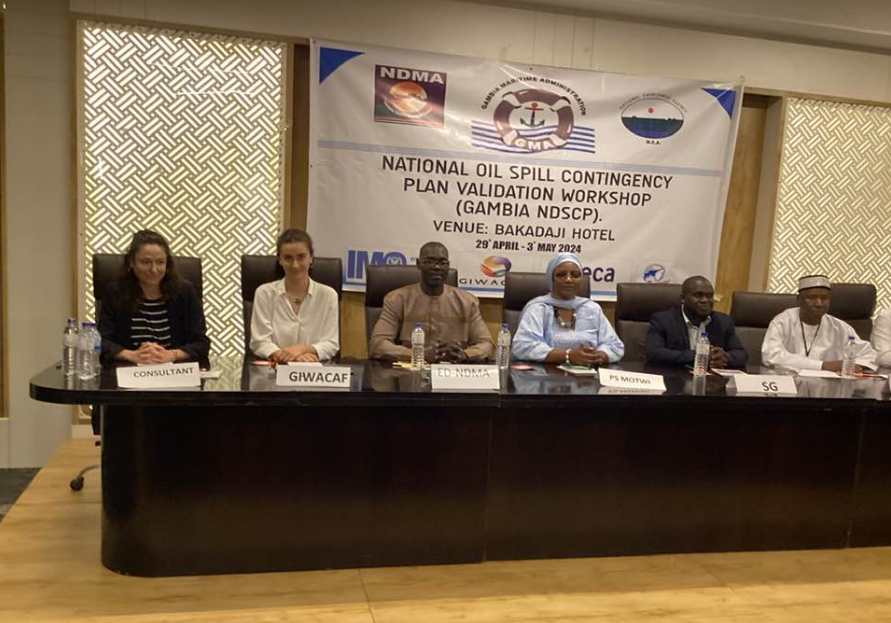
Navigating Crisis: Key Insights from WISTA UK’s 50th Anniversary Panel on Maritime Incident Management
Expert Panel Discussion: Strategies and Challenges in Modern Maritime Response


The International Oil Spill Conference (IOSC) provides a vital forum for professionals from the international spill response community, private sector, government, and non-governmental organizations to come together to tackle the greatest challenges facing us with sound science, practical innovation, social engineering, global research, and imagination.
Click to open the full article
Oil spills, while less frequently impacting agriculture compared to fisheries and mariculture, present unique challenges when they affect coastal farming activities. This is particularly significant in regions practicing tidal agriculture like salt production and rice cultivation, where the proximity to the coast makes these activities vulnerable to marine oil spills.
Historically, incidents involving agricultural areas have been sparse, making the accumulated knowledge and response strategies less developed compared to other sectors. In remote areas dependent on tidal agriculture, the economic impact of an oil spill can be profound, necessitating specialised response strategies that consider the unique environmental and economic contexts of these regions.
This paper highlights several key considerations derived from past incidents, emphasizing the need for targeted response plans that address the specific vulnerabilities of coastal agriculture. It points out that while general oil spill response strategies are well-established, tailored approaches are crucial in areas where agriculture interacts closely with the marine environment.
Recommendations for improving oil spill response include enhancing local response capacity, integrating agricultural considerations into spill planning and recovery phases, and building resilience within coastal agricultural communities to mitigate the impact of potential oil spills. The synthesis of lessons learned from past events is crucial for developing effective strategies that safeguard both the environment and the livelihoods dependent on coastal agriculture.

Marine environmental and sustainability professional with a broad range of experience over 17 years.
Ten years spent responding to maritime incidents, attending on site at more than 30 pollution and salvage incidents around the world.

Expert Panel Discussion: Strategies and Challenges in Modern Maritime Response

A four day validation workshop for the National Oil Spill Contingency Plan, organized by GMA and its partners April 2024.